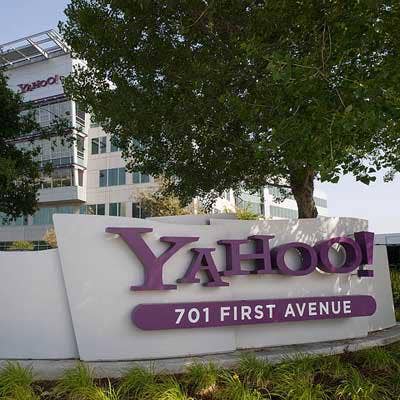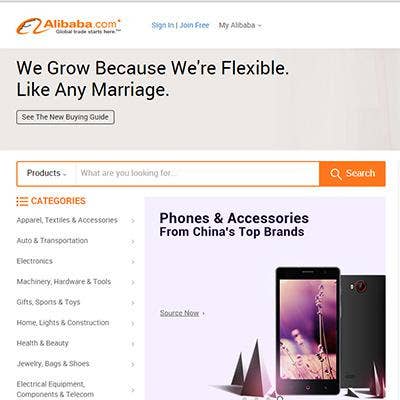5 Questions Answered About Verizon's Blockbuster Acquisition Of Yahoo

What's The Deal?
Telecom giant Verizon said Monday that it plans to scoop up Yahoo's operational assets for $4.83 billion in an all-cash deal following months of speculation regarding who would acquire the ailing internet giant. The IT industry is now pondering the impact the deal will have on Verizon's competition, business customers and consumers, as well as its channel partners.
Here are five things you need to know about the Verizon/Yahoo deal and what it means for the IT industry.

What Is Verizon Buying?
Basking Ridge, N.J.-based Verizon is set to acquire Yahoo's core properties, include its advertising, email, search and the media business. The carrier has said Yahoo's assets will strengthen its media and advertising strategy because some of Yahoo's assets -- namely, still-popular websites including Yahoo Finance and Yahoo Sports -- reach more than 1 billion active users each month, including 600 million mobile users.
Via the terms of the deal, Verizon will also acquire some of sites that Yahoo's acquired, including Flickr, a photo gallery and storage site launched in 2004, and Tumblr, a blogging and social networking site founded in 2007.
The deal is still subject to approval by regulators and Yahoo’s shareholders and is expected to close during the first quarter of 2017.

What Isn't Verizon Buying?
The deal doesn’t include Yahoo’s stake in Yahoo Japan and Chinese e-commerce giant Alibaba Group. The company said that those assets will still be held by Yahoo, which will change its name once the deal closes because Verizon will own the Yahoo brand.
Verizon may or may not keep Yahoo's name. The carrier may also choose to merge Yahoo's assets under the AOL brand, another internet company the carrier bought last year for $4.4 billion. Verizon so far has kept the AOL name as a sub-brand.

Is Verizon Nimble Enough To Leverage Yahoo's Assets?
Verizon is known first as a telecommunications provider that offers voice and connectivity services. While the carrier and its many of its competitors have been trying to rebrand themselves as IT services providers, some in the industry still believe that the slow-moving reputations that telecom providers have today could prevent Verizon from making use of Yahoo's more consumer-focused assets in a meaningful way.
While integration of the large internet company within Verizon's portfolio will be complex, Yahoo's assets could help Verizon with its mobile media strategy, if done correctly, according to industry analysts.

What Does The Competition Think?
AT&T, Verizon's Dallas-based competitor, reportedly also was interested in Yahoo and even submitted bids for Yahoo's assets when the company was for sale. Since the acquisition was announced, AT&T has remained quiet on the subject.
T-Mobile, on the other hand, weighed in on the deal. The Bellevue, Wash.-based telecom's outspoken CEO, John Legere, wished Verizon luck with its latest acquisition, but made it clear he doesn't necessarily agree with the purchase and doesn't believe the deal will impact T-Mobile.
"It [is] clear that [Verizon sees] customers as units of advertising revenue," Legere said. "They’re going into that game against the most powerful companies, Facebook and Google. I think it’s going to be a slippery slope for them."

What's The Channel Impact?
Some solution providers wonder if Verizon's latest focus on consumer content and its advertising strategy could distract the carrier from its core competency -- its voice and internet solutions that channel partners are selling. One Verizon partner expressed concern this week to CRN that Verizon would be focusing on the integration of consumer-focused assets instead of innovating in the cloud and in the next-generation technologies space.
Still, some solution providers aren't bracing themselves for any impact quite yet, referencing the AOL acquisition in 2015 that didn't affect the carrier's channel partners.
A spokesperson for Verizon told CRN Monday that the Yahoo deal won't have an effect on its continuing commitment to its business customers.